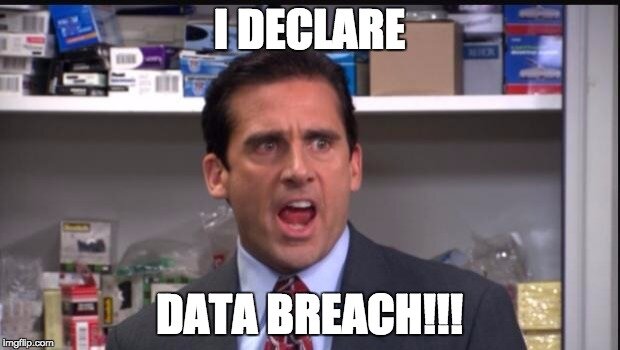Why don’t data breaches ever get invited to parties? Because they always leave a bad impression!

Data breaches can happen to anyone and expose sensitive information like passwords, credit card numbers, and personal details. Knowing how to prevent data breaches is essential to protecting yourself and your information. This article will discuss simple strategies to keep your data safe.
What Is a Data Breach?
A data breach occurs when unauthorized individuals gain access to sensitive information, such as personal details, financial records, or login credentials. This can happen due to hacking, phishing scams, or human error.
Why Preventing Data Breaches Is Important
Here are some key reasons why you should prioritize data breach prevention:
Protect Personal Information: Your personal data is valuable. A breach can lead to identity theft and financial loss.
Maintain Trust: If you run a business, a data breach can damage your reputation and erode customer trust.
Legal Consequences: Organizations may face legal penalties for failing to protect sensitive information.
Tips for Preventing Data Breaches
Here are practical steps you can take to help prevent data breaches:
Use Strong Passwords: Create strong and unique passwords for your accounts. Avoid using the same password for multiple sites, making it easier for hackers to gain access.
Enable Two-Factor Authentication (2FA): Always activate 2FA on your accounts. This adds an extra layer of security by requiring a second verification step, like a text message code.
Keep Software Updated: Regularly update your operating systems, applications, and antivirus software. Updates often include security patches that protect against vulnerabilities.
Be Wary of Phishing Attempts: Learn to recognize phishing emails and messages. Don’t click on suspicious links or provide personal information unless you’re sure it’s safe.
Secure Your Wi-Fi Network: Protect your home Wi-Fi with a strong password and encryption. Avoid default passwords and consider hiding your network name (SSID) from public view.
Limit Personal Information Sharing: Be cautious about how much personal information you share online, especially on social media. The less information available, the harder hackers can target you.
Preventing data breaches is crucial for keeping your personal information safe. You can significantly reduce the risk of a breach by using strong passwords, enabling two-factor authentication, keeping your software updated, being cautious with phishing attempts, securing your Wi-Fi network, and limiting information sharing. Remember, staying informed and proactive is the best defense!
#DataBreachPrevention #Cybersecurity #OnlineSafety #IdentityTheft #PrivacyProtection